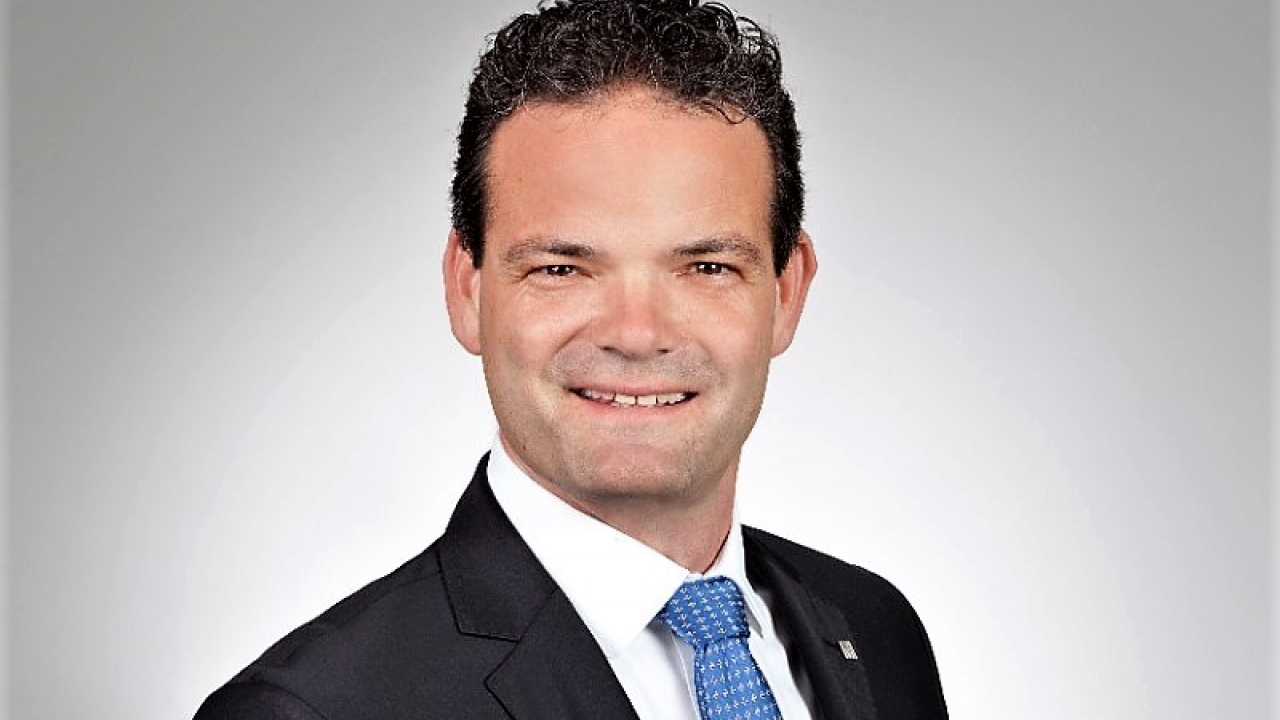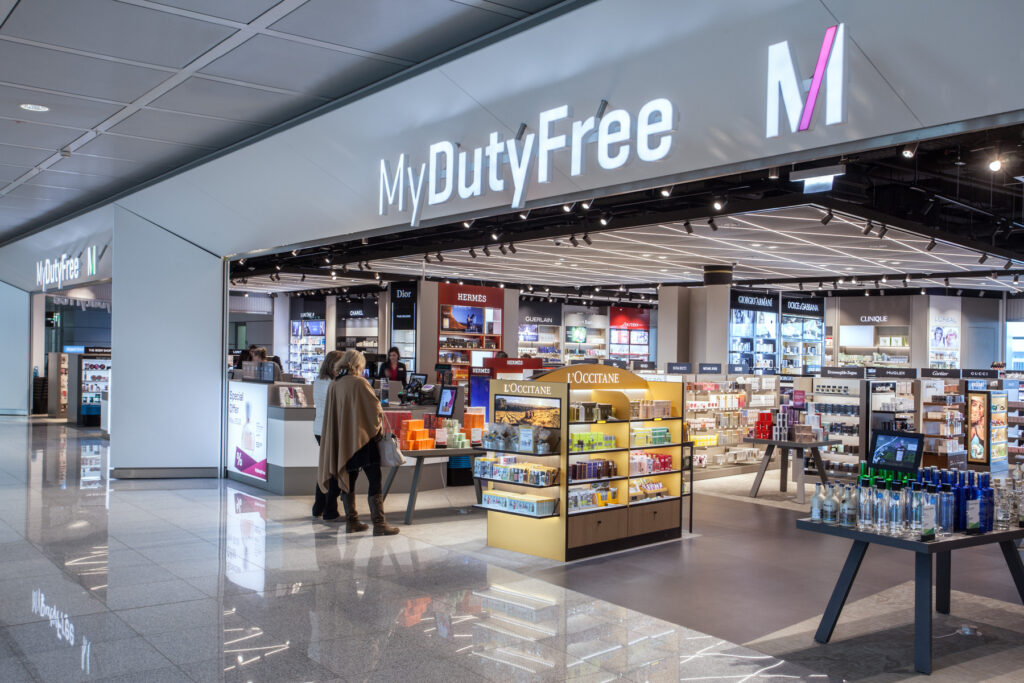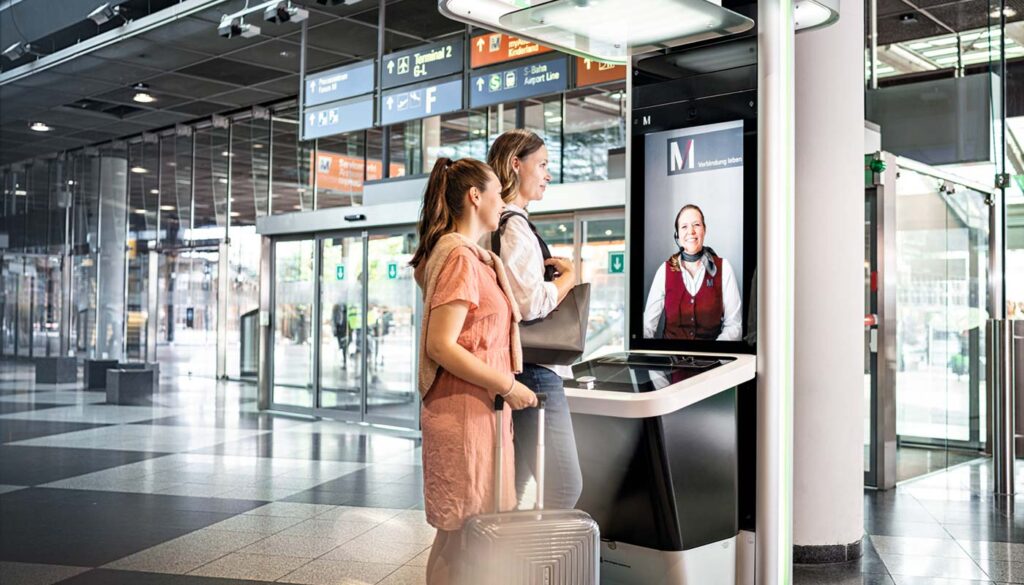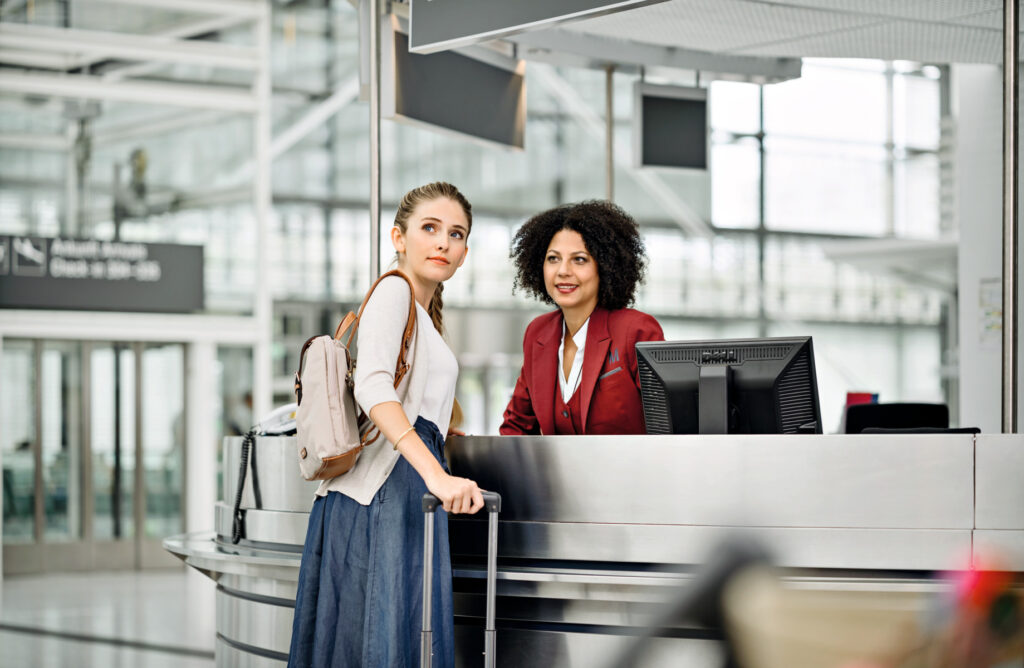Interview: Dr Ralf Gaffal, Managing Director of Munich Airport International (Part 2 of 2)
Sev Fevzi
April 6, 2022

|
In the second part of our interview with Dr Ralf Gaffal, managing director of Munich Airport International, the aviation expert examines the topics of non-aeronautical revenue, post-COVID profitability, and building back passenger confidence. Read Part 1 here. |
What are your thoughts on non-aeronautical revenue streams – do you think it is time for the airport business model to change?
Non-aviation business accounts for a considerable share of all revenue at Munich Airport (MUC). The potential for airports here is great and still offers room for further novelties and revenue generation opportunities. New and optimized shopping as well as varied and customized dining, catering and service offerings lead to an improved customer experience and higher passenger satisfaction.
It is important that an airport seeks to reflect local flavor and offer an appropriate range of retail and F&B options that emphasize the local spirit. MAI, for example, supports airports worldwide with tailored strategies to increase commercial revenue and customer satisfaction by analyzing passenger needs and joining forces with local business partners and brands.
What would help to drive those partnerships and revenue possibilities?
The medium-term goal must be to develop a central digital access point to all airport information, services, and products that encompass airport and partner channels to make the airport’s entire offering transparent. This will enable cross-selling and significantly simplify the handling of data protection aspects.
By gaining more customer insights across all touch points, passengers can be targeted with offers tailored to their needs. Information and offers are coordinated situationally throughout the passenger journey and revenue per customer can be increased as a result.
Another focus for airport operators may be to increase commercial use of landside space by developing airport cities, business parks, or free zones to tap further non-aviation revenue. Munich Airport, for example, is diversifying through landside shopping, restaurants, hotels and conference centers, office rental for international companies, event space rental and the construction of a smart city in the form of a cross-industry innovation center called LabCampus.
Post COVID, what is the way forward for airports to be more profitable?
The past two pandemic years have brought a severe crisis to the aviation industry. Facing a very slow recovery in passenger traffic numbers and consequently low revenues, airports worldwide are confronted with major financial challenges.
Cost saving measures were the first steps to be taken by almost all airports. Against this backdrop, it has never been more important for airports to diversify their operations and adapt their business models to new trends in order to increase their profits. Airports should drive numerous areas such as digitalization of airport processes, safe and seamless travel conditions and new retail concepts.
Increasing the efficiency and productivity of all operations as well as ensuring health and safety for all employees, passengers and guests should be a top priority for airports. In a nutshell, transform the organization and business model, and rebuild trust in aviation and air travel.
Many travelers are still nervous. How would you rebuild the foundations of passenger confidence and ensure the customer experience remains elevated?
It is fundamentally important that standardized travel regulations are introduced. Also simple and clear information about entry and quarantine rules have to be made available. This will build confidence and reliability.
We recommend increasing automation and digitalization, especially with regard to touchless and contactless solutions, introducing the latest security standards and, of course, implementing the highest possible hygiene measures. These would help ensure that customers feel comfortable while traveling, particularly, during their stay at the airport.
Despite automation and digitalization, we should not lose the personal touch. It is important to create a work environment for airport staff that provides a feeling of comfort and safety. As we all know: satisfied employees perform better. And as the “airport’s face”, their well-being directly impacts the customer experience, which in turn positively affects the reputation and success of the airport itself.
[Main image: Dr Ralf Gaffal]



